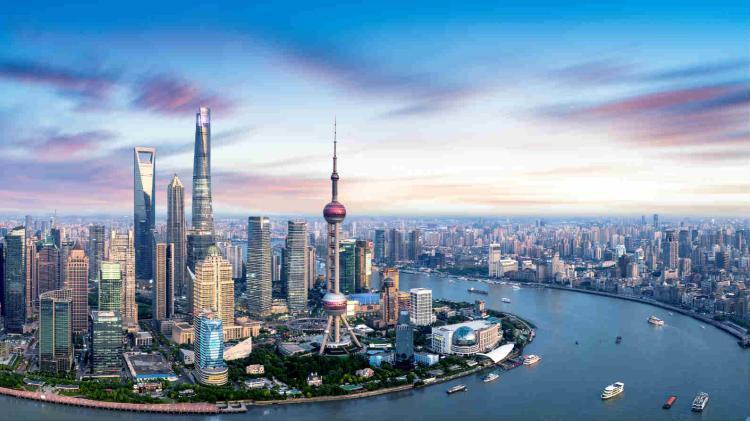Amid growing uncertainties in global trade and geopolitics, China continues to be a crucial engine for global innovation and economic growth, according to Professor Francisco Veloso, dean of INSEAD, one of the world’s top business schools. In an exclusive interview with Xinhua, Veloso highlighted the dynamic innovation landscape in China, describing it as a powerful force supporting its economy and attracting foreign investment. \n\nVeloso noted China’s impressive history of innovation, which has evolved over different periods and in various ways. A significant breakthrough has been the combination of accumulated innovative capabilities with the rapid adoption of digital technologies. With strong government support for talent and technological advancement, China has created an “avalanche of innovation” propelling it to the global forefront. \n\nThe country is expanding innovation boundaries in multiple sectors, including electric vehicles, batteries, renewable energy, artificial intelligence (AI), e-commerce, and fintech. Veloso attributed this momentum to factors like robust infrastructure, a vast competitive domestic market, strong manufacturing capabilities, and a growing pool of highly skilled talent. \n\nVeloso expressed optimism about China’s economic prospects, believing that the innovation ecosystem in cities like Shenzhen and Hangzhou is gaining significant momentum and will continue to grow sustainably. He emphasized the importance of global collaboration, citing multinational leaders establishing research centers in China, some of which have developed highly valuable co-created patents. \n\nDespite global economic challenges, Veloso is confident that China will continue to attract foreign investment as its transition from high-speed to high-quality development becomes clearer. He also stressed the importance of maintaining global connections through talent. During his recent visit, Veloso renewed INSEAD’s collaboration with Tsinghua University through an executive MBA program. \n\nLooking ahead, Veloso sees potential for closer cooperation between Europe and China in high-tech and innovation, suggesting joint projects in areas like climate change and aging populations. He also proposed collaboration in renewable energy, including electric vehicles, wind, and solar power, as well as AI-driven public goods to support disadvantaged communities. \n— new from Diario Digital Nuestro País
